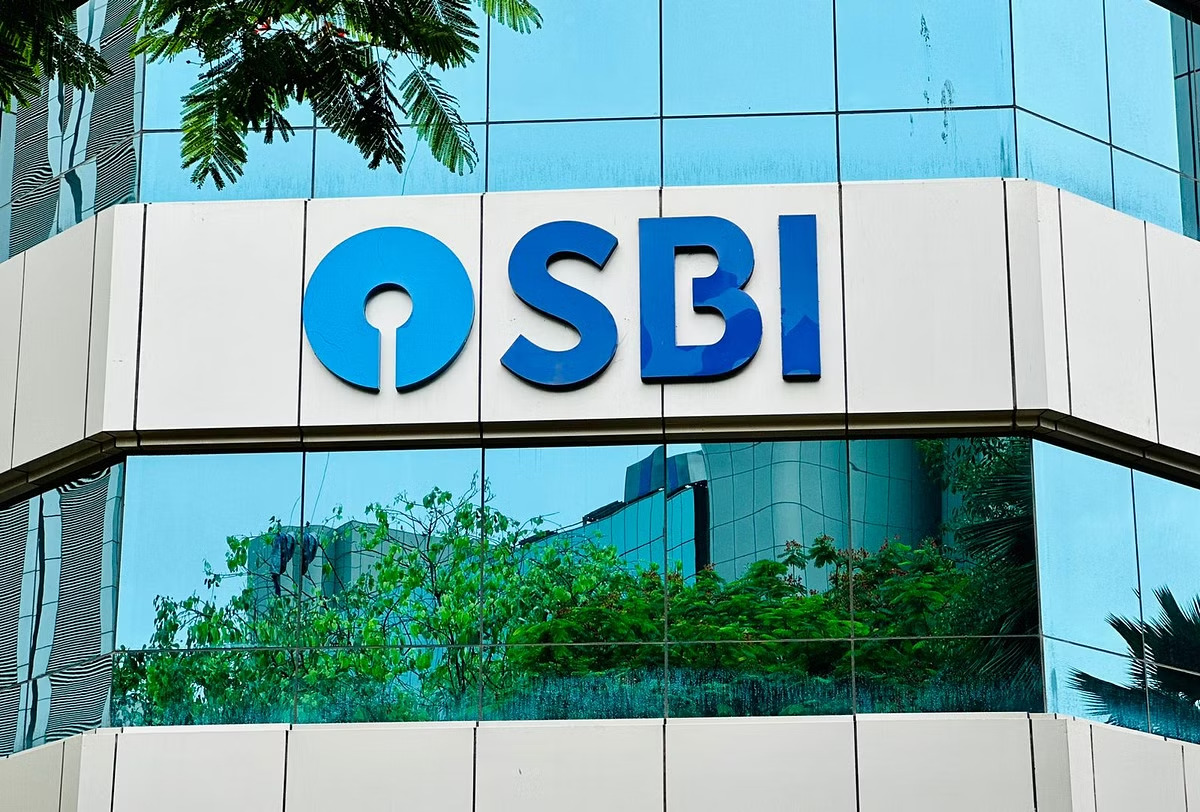
The State Bank of India (SBI) is an institution that needs no introduction. As the country’s largest public sector bank, it plays a crucial role in shaping India’s economy and financial landscape. With a rich history dating back to 1806, the SBI has been a trusted name for millions of Indians, providing a wide range of banking services and fostering economic development.
But beyond its role as a banking giant, the State Bank of India holds a myriad of enigmatic facts that many may not know. From its unique governance structure to its impressive global presence, SBI continues to leave a mark in the financial world. In this article, we will delve into 12 fascinating facts about the State Bank of India that will not only pique your curiosity but also give you an insight into the institution’s incredible journey.
Key Takeaways:
- SBI, India’s largest bank, offers a wide range of services and digital banking solutions, making it a trusted financial partner for millions of customers in India and abroad.
- With a rich history dating back over two centuries, SBI is committed to financial inclusion, small business support, and ethical practices, setting it apart as a leader in the Indian banking industry.
The State Bank of India (SBI) is the largest bank in India.
The SBI holds the prestigious title of being the largest bank in India, both in terms of assets and market capitalization. With a wide network of branches and ATMs across the country, it serves millions of customers and plays a vital role in the Indian banking sector.
SBI was established in 1806 as the Bank of Calcutta.
Originally founded as the Bank of Calcutta, SBI has a rich history that dates back over two centuries. It has since undergone several name changes, including Bank of Bengal and Imperial Bank of India, before finally becoming the State Bank of India in 1955.
It is a government-owned bank.
SBI is owned by the Government of India and operates as a public-sector bank. This ensures a strong government backing and stability, making it a trusted financial institution for customers.
SBI has a global presence.
While SBI is primarily based in India, it has a significant international presence with branches and subsidiaries in over 30 countries worldwide. This allows the bank to cater to the banking and financial needs of Indians living abroad and facilitate global transactions.
It offers a wide range of banking services.
SBI provides a comprehensive suite of banking services, including personal banking, corporate banking, agricultural banking, and international banking. From loans and investments to insurance and credit cards, customers can avail themselves of a wide array of financial products and services.
SBI is a pioneer in digital banking.
The bank has embraced the digital revolution and has been at the forefront of offering online banking services to its customers. From internet banking and mobile banking to digital wallets and UPI payments, SBI has continually innovated to provide convenient and secure digital banking solutions.
SBI has a strong focus on financial inclusion.
SBI is committed to promoting financial inclusion and has taken various initiatives to reach underserved sections of society. Through programs like Pradhan Mantri Jan Dhan Yojana and opening Bank Mitras in remote areas, SBI has played a significant role in bringing banking services to the unbanked population.
SBI has a robust customer support system.
SBI values its customers and provides excellent customer support through multiple channels. Customers can reach out for assistance via phone, email, or by visiting the nearest branch. SBI also has a dedicated customer helpline to address queries and resolve concerns promptly.
SBI offers special schemes for small businesses.
To support small businesses and entrepreneurs, SBI has introduced special loan schemes like Mudra Loans and Stand-Up India. These schemes provide financial assistance and support to aspiring individuals who want to start their own businesses.
It has a strong commitment to corporate social responsibility (CSR).
SBI actively engages in corporate social responsibility initiatives and is involved in various philanthropic activities. It supports education, health, women empowerment, and community development projects, contributing to the overall welfare of society.
SBI has a dedicated financial planning and wealth management division.
SBI offers personalized financial planning and wealth management services to cater to the diverse financial goals and aspirations of its customers. Whether it’s retirement planning, investment advisory, or tax planning, SBI’s dedicated team of experts helps customers make informed financial decisions.
SBI is recognized for its strong governance and ethical practices.
SBI is known for its transparent and ethical banking practices. It maintains high standards of corporate governance and has been recognized for its commitment to integrity and transparency, earning the trust and confidence of its customers.
Conclusion
In conclusion, the State Bank of India (SBI) is a fascinating and enigmatic institution that holds a prominent place in the Indian banking industry. With its rich history, extensive network, and diverse range of services, SBI has become synonymous with trust and reliability for millions of customers.
From being the largest bank in India to its innovative digital banking initiatives, SBI continues to revolutionize the banking landscape. Its commitment to financial inclusion, sustainable growth, and customer satisfaction sets it apart from its competitors.
Whether you are a customer, an investor, or simply someone interested in banking, exploring the enigmatic facts about SBI is sure to provide insights into the incredible journey of this illustrious institution.
FAQs
1. What is the State Bank of India (SBI)?
The State Bank of India (SBI) is the largest public sector bank in India, offering a wide range of banking and financial services to individuals, businesses, and institutions.
2. How many branches does SBI have?
SBI has an extensive network of branches across India and even has a presence in several countries worldwide. As of 2021, it operates over 22,000 branches in India.
3. What are the key services provided by SBI?
SBI offers various services, including savings and current accounts, loans, credit cards, insurance, investments, and online banking facilities. It caters to diverse financial needs and requirements.
4. Can I access SBI services online?
Absolutely! SBI provides a robust online banking platform that allows customers to access their accounts, transfer funds, pay bills, and perform various other banking activities conveniently from anywhere.
5. How is SBI contributing to financial inclusion?
SBI has undertaken several initiatives to promote financial inclusion, such as providing basic banking services in rural areas and offering affordable banking solutions to the underprivileged segments of society.
6. Is SBI involved in Corporate Social Responsibility (CSR) activities?
Yes, SBI actively engages in various CSR activities, focusing on sectors like education, healthcare, environmental sustainability, and rural development, to make a positive impact on society.
7. How can I become a customer of SBI?
To become a customer of SBI, you need to visit your nearest branch and complete the account opening procedures, including submitting the necessary documents as per the bank’s requirements.
8. Is SBI a profitable bank?
Yes, SBI has consistently demonstrated strong financial performance over the years, making it one of the most profitable banks in India.
9. What role does SBI play in the Indian economy?
Being the largest bank in India, SBI plays a crucial role in driving economic growth by providing capital, credit, and financial services to individuals, businesses, and various sectors of the economy.
10. Can I invest in SBI?
Yes, SBI is a publicly listed company, and its shares are traded on the stock exchanges. You can invest in SBI by buying its shares through a registered stockbroker.
From its humble beginnings as the Bank of Calcutta to becoming India's largest financial institution, SBI has a rich history spanning over two centuries. As you've learned about the bank's global presence, digital innovations, and commitment to social responsibility, your curiosity may be piqued to explore more intriguing aspects of this banking giant. Why not delve deeper into the enigmatic world of SBI and uncover even more captivating facts that showcase its remarkable journey?
Was this page helpful?
Our commitment to delivering trustworthy and engaging content is at the heart of what we do. Each fact on our site is contributed by real users like you, bringing a wealth of diverse insights and information. To ensure the highest standards of accuracy and reliability, our dedicated editors meticulously review each submission. This process guarantees that the facts we share are not only fascinating but also credible. Trust in our commitment to quality and authenticity as you explore and learn with us.


